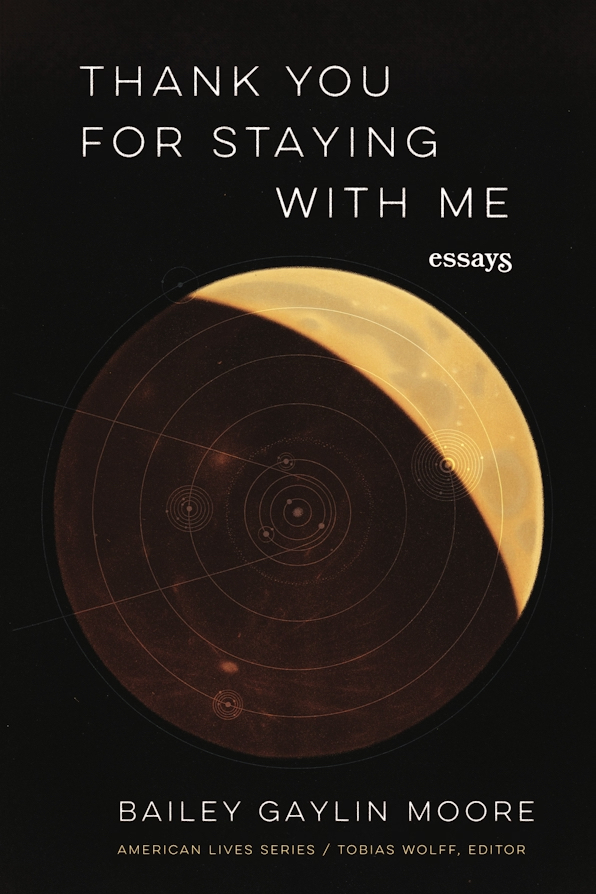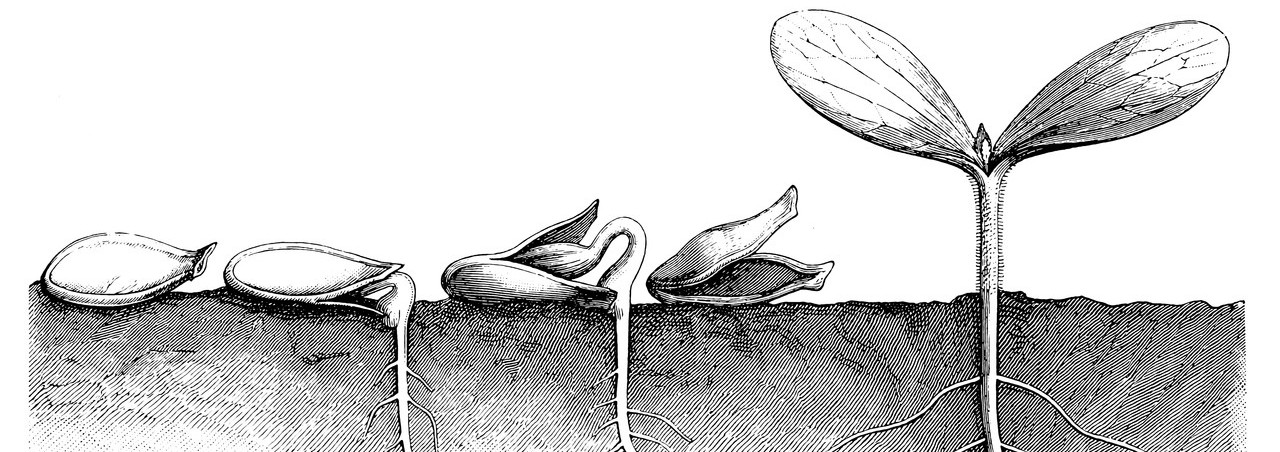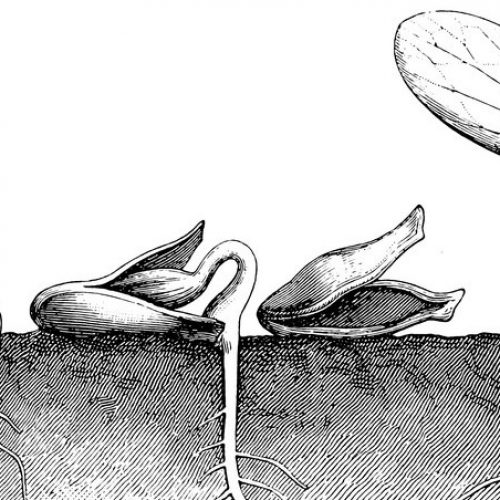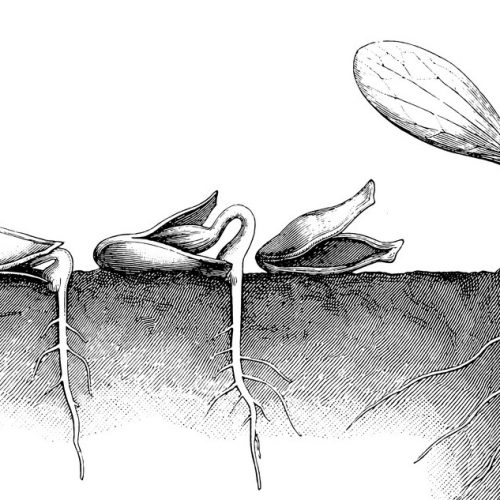Thank You for Staying With Me (University of Nebraska Press, 2025), Moore’s debut essay collection, traces a dizzying path through her abruptly ended Ozarks girlhood and the person she continues to become as a result. Her prose ranges from the traditionally structured to the very short (“Overkill”) to that which could only exist in 2024 (“Twitter’s Hot Takes on Women in Politics”). Each piece depicts a young woman navigating a world that works hard to convince women of their fundamental brokenness, lures them into false choices, and makes self-forgiveness difficult to impossible: “a teenage girl who was often told that there was something dark about her, something angry or something that needed to be fixed.”
In Moore’s essay, “ACTing,” her seventeen-year-old self, eight months pregnant, is sitting for her college entrance exam, contemplating the topsy-turvy nature of the present and the looming crookedness of the future. She writes: “I don’t remember much from this time, so there’s a hole in the narrative.” She can’t supply more details, even to this day, she simply doesn’t have them, but she never ceases in her attempts to reconstruct, and we will gladly go along with her in the process.
As readers, we long for worlds that remain with us after we reach the end of the last page, for writers who render them so sharply and tenderly that we believe we know what exists on every street corner. The details of Moore’s adolescence–the gas stations, the churches, the “shitty” Ford Tauruses, the parties, the alcohol, the cheerleaders “in short skirts layered over white gym pants to keep them pure of heart,” the douchebags that inhabit high school classrooms–both ground us in her universe, and hurl us back to our own moments of tedium and vulnerability.
We don’t need to have had exactly Moore’s experiences with family, teen parenting, and sexual assault to feel a familiar stirring at the assertion that although she’s now a woman, “she will always feel just shy of adulthood.” Even after confronting the most excruciating of decisions, the smooth confidence that allegedly comes with being an adult can elude us.
Moore tells the reader that she’s longed for a guide, only to come to the conclusion that each of us must construct our own blueprint. Contained within these essays are the realities that accompany living alongside our regrets, our mistakes, our moments of blurry indifference, and the knowledge that we are defined by the choices we don’t make, as well as the ones we do.
If Moore’s book has an ultimate question, it might be this: even if those who love us can do so no matter what, can we forgive ourselves for what we consider failures? What does it mean to be worthy of forgiveness? “Life is too short to be afraid to start over new,” writes Moore. It’s too short not to take risks, to stay mired in whether or not we are worthy of redemption. While we’re lingering in the world Moore has crafted, perhaps we’re meant to consider what it would mean to acknowledge our own capacity for endurance.

Available at University of Nebraska Press.

Chanel Dubofsky
Chanel's writing on gender, reproductive health and justice, as well as true crime, religion, and book reviews can be found in Mashable, New York Magazine, Lilith, Cosmopolitan, and others. She has an MFA in Fiction from Vermont College of Fine Arts, and lives in Brooklyn, New York.Contact her on Instagram at cdubofsky.




